Depression isn’t just something that affects how someone feels—it can impact nearly everything they do. From how they move and sleep to how they interact with others, depression affects every aspect of a person’s life. You can even notice it in the way they talk or write. This “language of depression” can sometimes be a big clue that something’s off. So, today we’ll discuss common words depressed people use in their everyday speech.
When we talk about language, it breaks down into two parts: what someone is saying and how they’re saying it. The “what” is all about the actual words they use—the emotions and feelings they’re expressing. People who are dealing with depression tend to use more negative words, like “lonely,” “exhausted,” or “numb.” It’s like their vocabulary starts to reflect how they’re feeling inside.
Now, you’re not expected to diagnose depression—leave that to the professionals. But if you notice certain patterns in how someone talks, it might be a sign they’re struggling with depression. Picking up on these signs of depression can help you step in and encourage them to get the help they might need.
Read more: 13 Habits Of People With Concealed Depression
7 Words Depressed People Use Frequently
1. Exhausted
Feeling “exhausted” goes beyond just being physically tired. For someone struggling with depression, it’s that deep, soul-crushing fatigue that never seems to lift. They might sleep for hours, but when they wake up, the heaviness is still there, and there is nothing they can do to fix it. It’s not just about rest. They feel drained in every possible way—emotionally, mentally, and even spiritually.

The world can feel too overwhelming when you’re exhausted all the time. Everything becomes a huge effort, even things that used to be second nature. It’s like the mind and body are constantly on low battery, but no amount of sleep or downtime seems to help. This exhaustion can make it hard to stay motivated, and even the simplest tasks can feel like climbing a mountain.
If someone is constantly saying they are exhausted, please check in with them and see if they get the help and support they might need at the time.
2. Numb
“Numb” is how some people describe the eerie emptiness that comes with depression. It’s like all the feelings have been muted, and they’re left with this hollow space inside. You might think that not feeling anything at all would be a relief, but numbness has its own kind of pain—a lack of connection to the world, to others, and even to oneself.

It’s like life is happening in a fog, and they’re just going through the motions without really being there. They want to care, to feel something, but the emotions just aren’t there. It’s isolating and can make them feel like they’re just an observer in their own life, rather than an active participant.
Watch out if someone says that they feel numb and plan activities that might lift their spirits a little.
3. Worthless
The word “worthless” can be a constant companion in the minds of depressed people. It’s that nagging voice that tells them that they are not good enough, that they don’t matter, that they are a burden. I know they are not, you know they are not, but it is hard for those struggling with depression to accept that fact. Even if they have people around them who care, it’s hard to shake the feeling that they’re just taking up space.
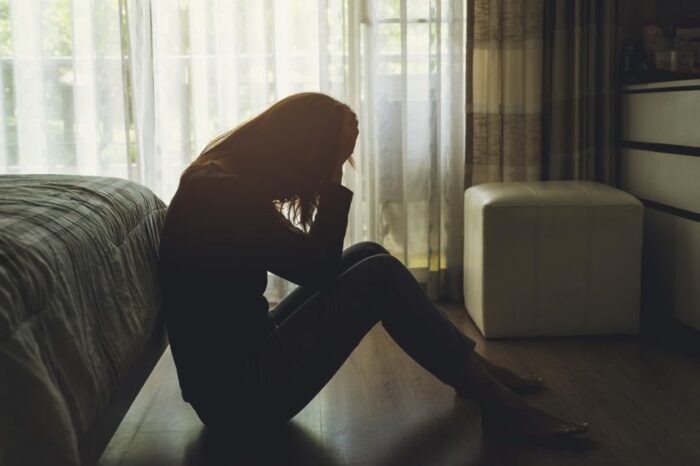
Feeling worthless can lead to a spiral where you start to believe that nothing you do will ever be enough. This belief can make it hard to reach out for help or even accept it when it’s offered. It’s a heavy word that can weigh someone down, making it hard to see any value in themselves, no matter what others say.
So, let that friend know how much they matter to you and how valuable they are.
Read More: How To Overcome Negative Thinking And Depression
4. Hopeless
“Hopeless” is a word that captures the bleakness of depression. It’s that sense that things will never get better, no matter how hard you try. It’s the feeling that the light at the end of the tunnel is just an illusion, and you’re stuck in the dark. When you’re hopeless, the future feels like a void—empty and terrifying.

This hopelessness can make it hard to find the motivation to keep going. Why bother when it feels like nothing will ever change? It’s a feeling that can lead to isolation because it’s hard to be around others when you can’t see a way out of your own pain. Yet, even in the darkest times, it’s important to remember that hope can return, even if it feels distant right now.
If someone you know might be feeling this way, please help them understand that even if it does not seem that way, things will get better, and they will get out of this dark phase.
5. Lonely
Depression can make you feel incredibly “lonely,” even when you’re surrounded by people. It’s not just about being alone; it’s about feeling disconnected from those around you. The world can feel like it’s moving on without you, and that can be a really isolating experience. It’s like there’s a wall between you and everyone else, and no matter how hard you try, you can’t break through.

This loneliness can make it hard to reach out, even though that’s often what you need the most. It’s tough when you feel like no one can understand what you’re going through, or when you worry that you’ll be a burden if you open up. But sometimes, just sharing how you feel can be a small step towards breaking down that wall.
So, reach out to a friend who has isolated themselves and help them come out of their shell.
6. Guilty
“Guilty” is a word that can weigh heavily on someone struggling with depression. Depressed people might feel guilty for not being able to function the way they think they should, for not being there for others, or even just for feeling depressed in the first place. This guilt can be overwhelming and make it even harder to reach out for help because they feel like they don’t deserve it.

Guilt can create a cycle where they start to blame themselves for everything wrong in their life. But please remind them that depression isn’t their fault, and they’re not to blame for the way you feel.
7. Trapped
“Trapped” is how some people describe the experience of being stuck in their own minds. It’s the sense that they’re caught in a situation they can’t escape, whether it’s their thoughts, their circumstances, or their emotions. Depression can make one feel like there’s no way out, like they’re stuck in a cycle that just keeps repeating.
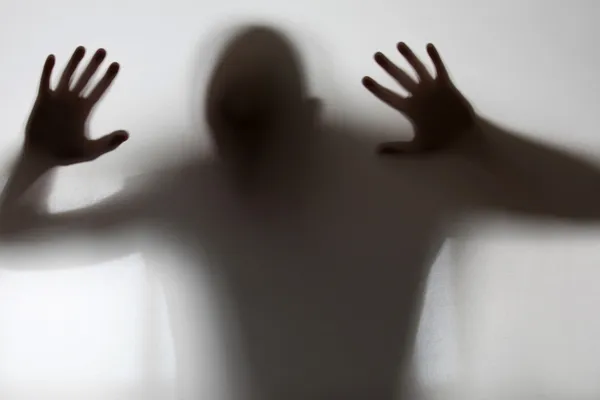
When a person feels trapped, it’s easy to lose hope that things will ever get better. But it’s important to remember that feelings aren’t facts, and just because you feel trapped doesn’t mean you actually are. There are ways to find your way out, even if it doesn’t seem possible right now. Reaching out for support can be a way to start breaking free.
Read More: 7 Must-See Powerful Movies About Teenage Depression
Final Thoughts
There are some common words depressed people use in their speech way too often. Although this guide cannot replace a professional diagnosis, it might help you spot potential signs of depression in yourself or someone you know who might be struggling with depression. If you notice these signs of depression, make sure to get the help you or someone else might need.
Remember, early recognition and intervention can make a significant difference in managing depression. Don’t hesitate to reach out to a mental health professional if these signs resonate with you or someone you care about.
Frequently Asked Questions (FAQs):
What are some common words or phrases that indicate someone might be depressed?
Words like “hopeless,” “worthless,” “empty,” and phrases such as “I can’t do this anymore” or “nothing matters” often signal underlying depression.
Is it possible for someone to use these words without being depressed?
While the use of these words can be a sign of depression, they can also reflect other emotional states or temporary feelings. It’s important to look at the overall context and behavior.
How can I approach a conversation with someone who may be struggling with depression?
Approach the conversation with empathy and without judgment. Use open-ended questions and listen actively. Avoid offering solutions immediately; instead, provide support and encourage them to seek professional help if needed.
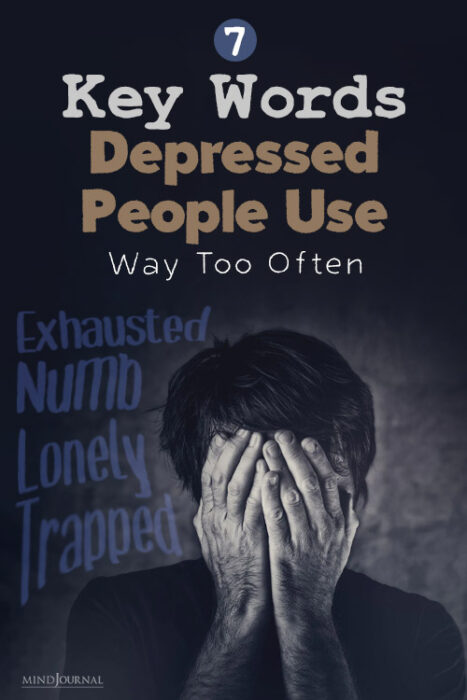
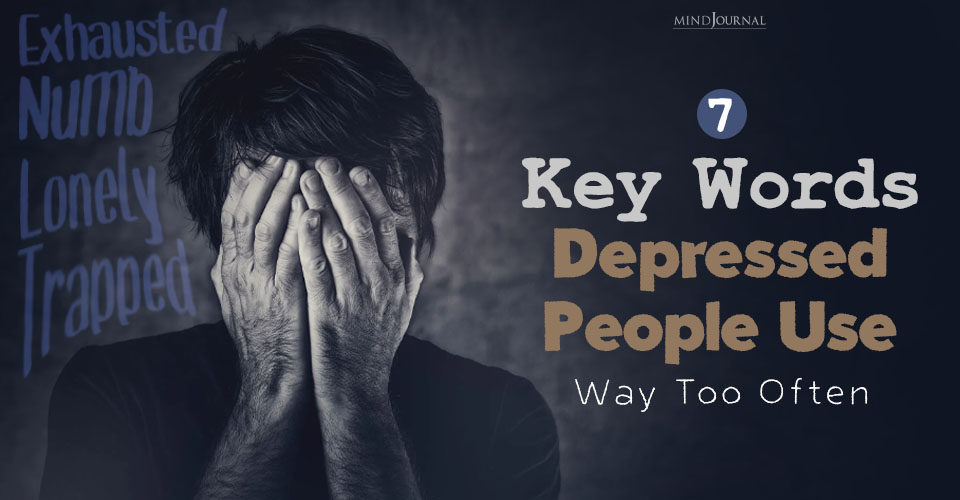
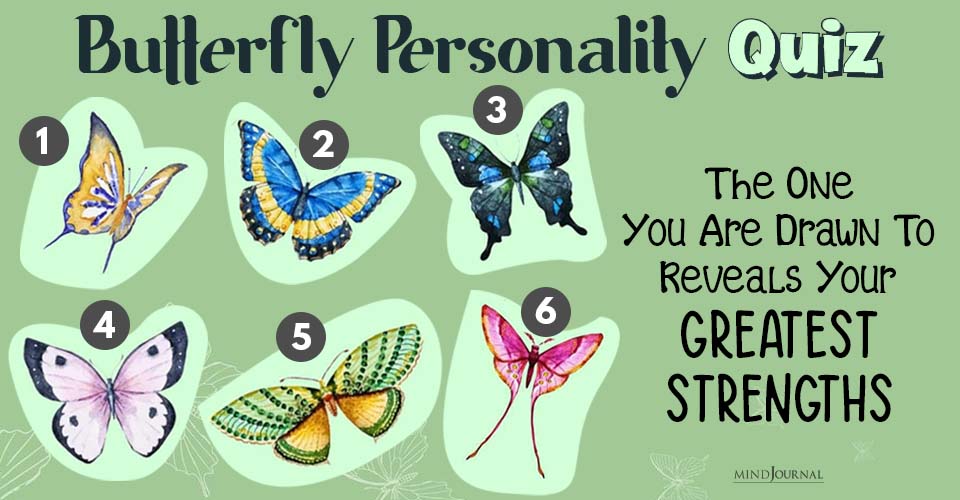

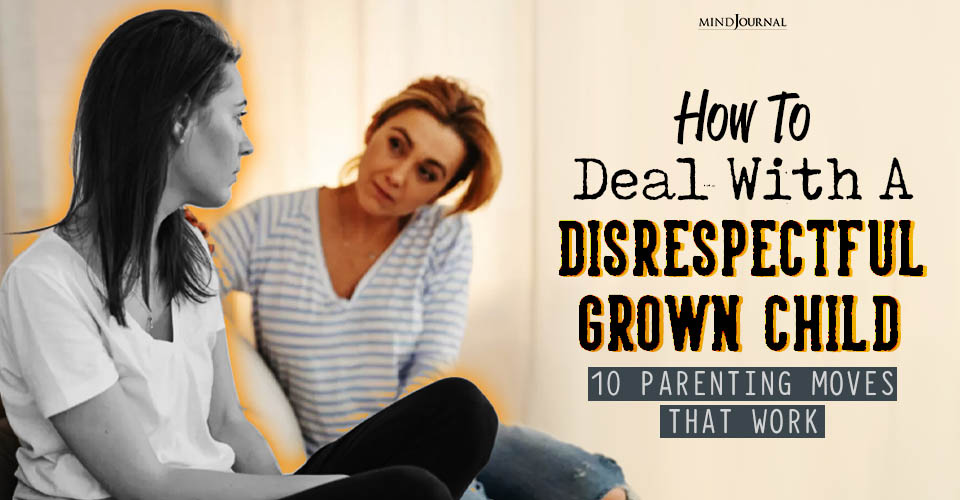



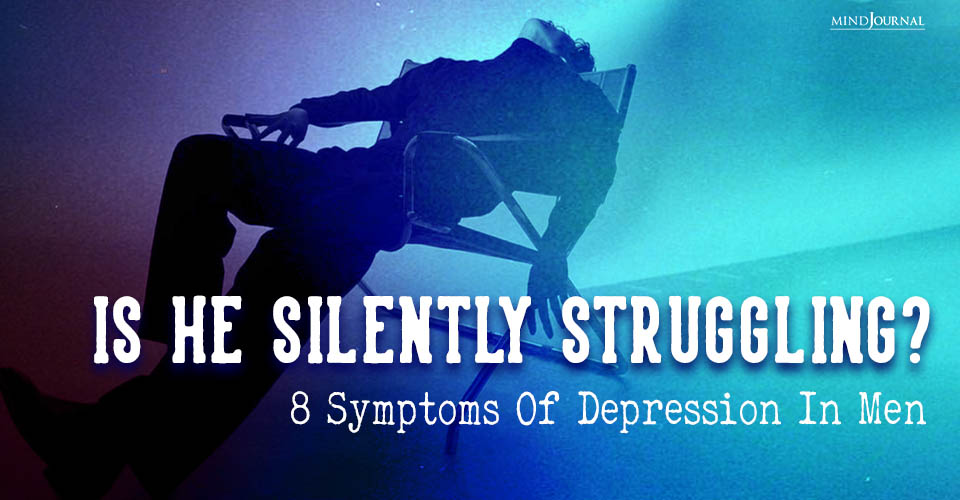
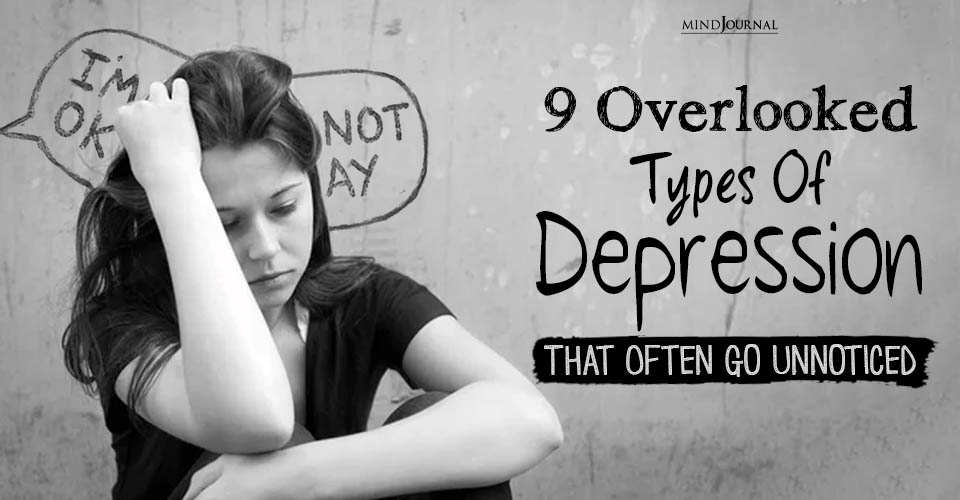





Leave a Reply
You must be logged in to post a comment.